Search Results
Showing results 1 to 20 of 48

Nature Journals
Source Institutions
In this activity, learners construct a home-made journal with simple, everyday materials.
What Causes Rainbows?
Source Institutions
In this activity, learners explore how and why rainbows form by creating rainbows in a variety of ways using simple materials. Learners create rainbows indoors and outdoors.

Measuring Wind Speed
Source Institutions
In this indoor and/or outdoor activity, learners make an anemometer (an instrument to measure wind speed) out of a protractor, a ping pong ball and a length of thread or fishing line.
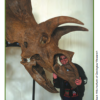
Supersize That Dinosaur
Source Institutions
In this activity, learners explore the size and scale of dinosaurs. Learners listen to "The Littlest Dinosaurs" by Bernard Most. Then, learners estimate the size of a Triceratops and T.
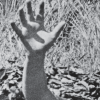
Leaf Living
Source Institutions
In this outdoor fall activity, learners find out what living in or under a layer of leaves is like.

Pop Rockets
Source Institutions
Learners place water and part of an antacid tablet in a film canister. The reaction creates a gas reaction that launches the film canister like a rocket.

Soil Profile
Source Institutions
In this activity, learners will create a soil profile in a bottle. They will learn about the organic and inorganic matter found in soil and observe as it separates into layers in the bottle.
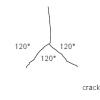
Playground Patterns of Cracks
Source Institutions
In this math activity, learners observe and sketch cracking patterns in pavement.
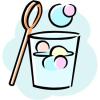
Why Are Bubbles So Colorful?
Source Institutions
In this activity, learners explore why they can see colors in bubbles and why they change.
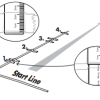
Stride Ruler
Source Institutions
In this activity, learners use their feet to estimate distances. Learners calculate the distance of one step in centimeters by measuring 10 steps at a time to reduce measurement error.
Pace-Off!
Source Institutions
In this math activity, learners use non-standard measurement (paces) to find the distance from one point to another. Learners practice estimating and measuring distances .
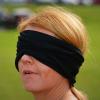
Two Ears are Better Than One: Sound Localization
Source Institutions
This activity (9th activity on the page) about hearing demonstrates to learners the importance of having two ears.

Jump Like a Frog
Source Institutions
In this math activity, learners jump and measure how far they can jump on different surfaces using different jumping techniques.
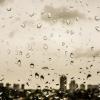
It's the "Rain," Man
Source Institutions
In this weather forecasting activity, learners use common materials to construct a rain gauge and measure daily, monthly, and yearly rainfall.
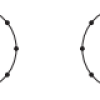
Traveling Networks
Source Institutions
In this geometry activity, learners explore networks painted on playgrounds, such as a four square court, and draw their own.
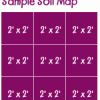
Creating a Soil Map
Source Institutions
In this activity, learners investigate soil conditions by creating a soil map. Learners record soil characteristics and compare the conditions of soil in different grid sections.
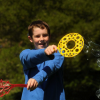
Wind Mapping with Bubbles
Source Institutions
Discover the wind's direction using bubbles, a map and a keen eye. Learners blow bubbles and note their general direction on a map, taking readings from different points around a building.
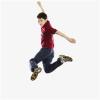
Stepping Out: Hop, Skip, Jump
Source Institutions
In this activity, learners explore and experiment how we can use our bodies everyday to get from one place to another.
Sock Garden
Source Institutions
In this activity (located in the middle of the page), learners start a garden by planting their socks!
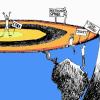
Earth Walk
Source Institutions
In this hands-on and feet-on excursion, learners take a science walk to visualize the planet's immense size and numerous structures, without the usual scale and ratio dimensions found in most textbook
